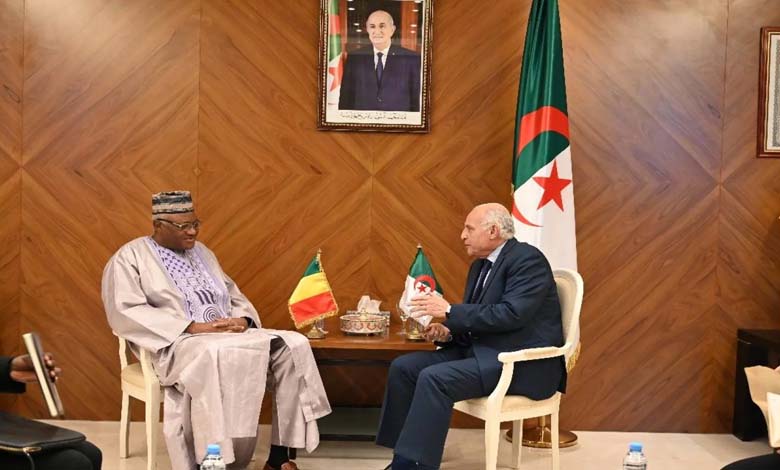Crisis between Mali and Algeria casts a shadow over regional security
International Crisis Group highlights Algeria’s waning influence in the Sahel and calls for African mediation to ease tensions.

The International Crisis Group has drawn attention to rising tensions between Mali and Algeria and the decline of Algerian influence in the Sahel region, warning of the consequences of an escalating crisis. The group pointed to Algeria’s amplification of the recent incident involving the downing of a Malian reconnaissance drone as a trigger, stressing the risk such incidents pose to the stability of an already volatile region facing security challenges and terrorist threats. The organization is calling for African-led mediation to de-escalate the situation.
As a think tank specializing in in-depth research and field analysis of crisis zones around the world, the group warned that, unless tensions are cooled, the conflict between Bamako and Algiers could escalate into an open confrontation.
It also noted that Algeria missed a strategic opportunity to expand its influence in the Sahel after France withdrew from Operation Barkhane in 2022. Rather than stepping into the vacuum and becoming a trusted security partner, Algeria’s failure to manage the Malian dossier prompted Bamako to align with Niger and Burkina Faso, while Russia capitalized on the situation to expand its presence through military and economic agreements.
-
ISIS in Somalia strengthens its influence and becomes a global logistical hub for the organization… How?
-
With Weapons and Soldiers, the Russian Bear Strengthens Its Influence in the African Sahel
Relations between Mali and Algeria have been deteriorating since the end of 2023, when Bamako canceled the fragile 2015 peace accord brokered by Algeria to resolve the conflict between the Malian army and Tuareg separatists, after it failed to yield tangible results.
Algeria is seen as having struggled to accept the end of its role in Mali, which has accused Algiers on several occasions of meddling in its internal affairs—particularly for engaging with separatist groups without Mali’s participation. Algerian authorities have denied this, stating their talks aimed solely at defusing tensions with their neighbor.
-
Legislative Initiative to Eliminate the French Version of the Official Gazette in Algeria
-
‘Azawad’ Denies Tebboune’s Claims and Embarrasses the Army in the Release of a Spanish Hostage
The crisis deepened earlier this month when Algeria shot down a Malian drone over its territory—an act widely interpreted as a show of strength rather than a legitimate national security measure. Relations quickly deteriorated: Mali, along with its allies Niger and Burkina Faso, recalled their ambassadors from Algiers, which responded in kind by recalling its ambassadors from Bamako and Niamey.
Observers argue that Algeria is increasingly isolated on the African continent due to diplomatic missteps and its inability to mend strained relations with several neighboring countries. Despite positioning itself as a regional mediator and guardian of stability, Algeria’s initiatives have largely failed. The country faces accusations of interference, supporting separatist movements, and focusing on expanding its own influence without offering genuine solutions to the region’s economic and development challenges.
-
Signs of Tension between Turkey and Algeria Over Participation of ‘Separatist’ Kurds in a Tindouf Conference
-
Algerian Interest in News of Mali’s Tuaregs Reflects Bias toward Separatists
In its report, Crisis Group warned that continued escalation—particularly through the Malian army’s drone strikes against armed groups in the north—could lead to accidental strikes or border violations that endanger both civilians and soldiers.
The organization stressed that rising tensions between Bamako and Algiers reduce the chances of resolving the conflict between the central government and Tuareg movements. These separatist groups are actively trying to deplete the army’s capacity and advance toward controlling key cities after securing recent battlefield gains. Some may even seek alliances with jihadist groups.
-
Malian Army and Allies Use Drones in Attack Against Tuaregs
-
Al-Qaeda Claims Responsibility for Deaths of Dozens of Wagner Members in Mali
Crisis Group called for diplomatic solutions to the crisis, emphasizing the need for mutual recognition of each other’s security interests and a rejection of coercive or dismissive postures. It proposed African-led mediation to ease tensions between the two countries, which share a border stretching over 1,400 kilometers.












